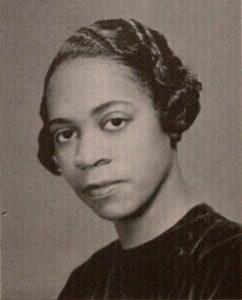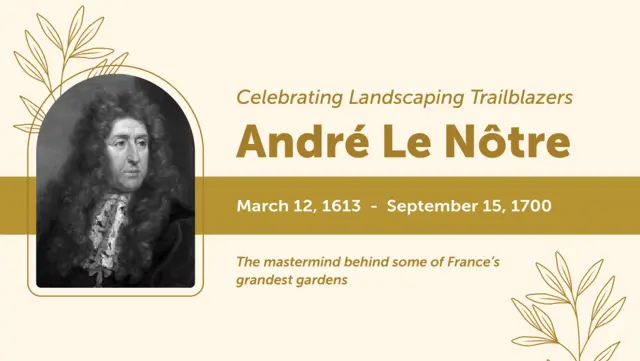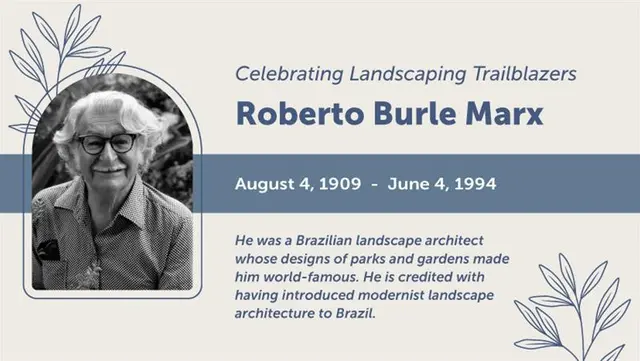
Celebrating Landscaping Trailblazers: Marie Clark Taylor
A pioneer in plant science and education

The landscaping industry has been shaped by countless innovators, pioneers, and changemakers whose work has influenced how we design, develop, cultivate, maintain, and even appreciate outdoor spaces. Among these trailblazers is Dr. Marie Clark Taylor, a remarkable African American scientist and educator whose work in botany and plant biology has had a lasting impact on landscaping and horticulture.
Born in 1911 just five miles from Pittsburgh, Dr. Taylor received her Bachelor’s in education and Master’s in botany from Howard University before attending Fordham University in New York to obtain her Doctorate in botany. Graduating in 1941, she became the first women to earn a science doctorate from Fordham.
After serving as a staff assistant for the Army Red Cross during World War II, Dr. Taylor returned to Howard University’s Department of Botany and quickly rose through the ranks to become the department's first chair. Even while working at Howard, Dr. Taylor used grants from the National Science Foundation for summer science institutes, showing high school biology students the advantages and uses of botanical materials. Her work garnered the attention of President Lyndon B. Johnson in the 1960s, who encouraged her to expand her institutes for teachers across the country and abroad.
On Dec. 28, 1990, Dr. Taylor died at the age of 79. However, her legacy still endures today. Howard University established a scholarship fund for women in the sciences in her honor and also named an auditorium after her.
Dr. Taylor’s contributions serve as a powerful reminder of the ways in which African Americans have enriched and elevated the landscaping and horticulture professions. Her story encourages us to recognize the often-overlooked voices and talents that have helped shape the industry and to celebrate their enduring influence.
At BrightView, we share Dr. Taylor’s passion for horticultural knowledge and fostering innovation and creativity in landscaping. Her dedication to plant science and education mirrors our commitment to sustainability, thoughtful landscape design, and cultivating vibrant green spaces as we create the best landscapes on Earth. By incorporating research-driven best practices and embracing diverse perspectives, we continue to enhance outdoor environments in ways that reflect her lasting impact on the industry.
As we honor her legacies and contributions, we are reminded of the importance of diversity and innovation, creating a more sustainable and inclusive future for landscaping. Dr. Taylor’s groundbreaking achievements underscore the connections between science, education, and the beauty of the natural world—connections that continue to inspire and guide professional across the industry.
This article was researched from Fordham Magazine’s “From High School Biology Teacher to Trailblazing Scientist: Remembering Fordham Alumna Marie Clark Taylor” and Women in Horticulture’s “Woman of Firsts: Marie Clark Taylor.”



